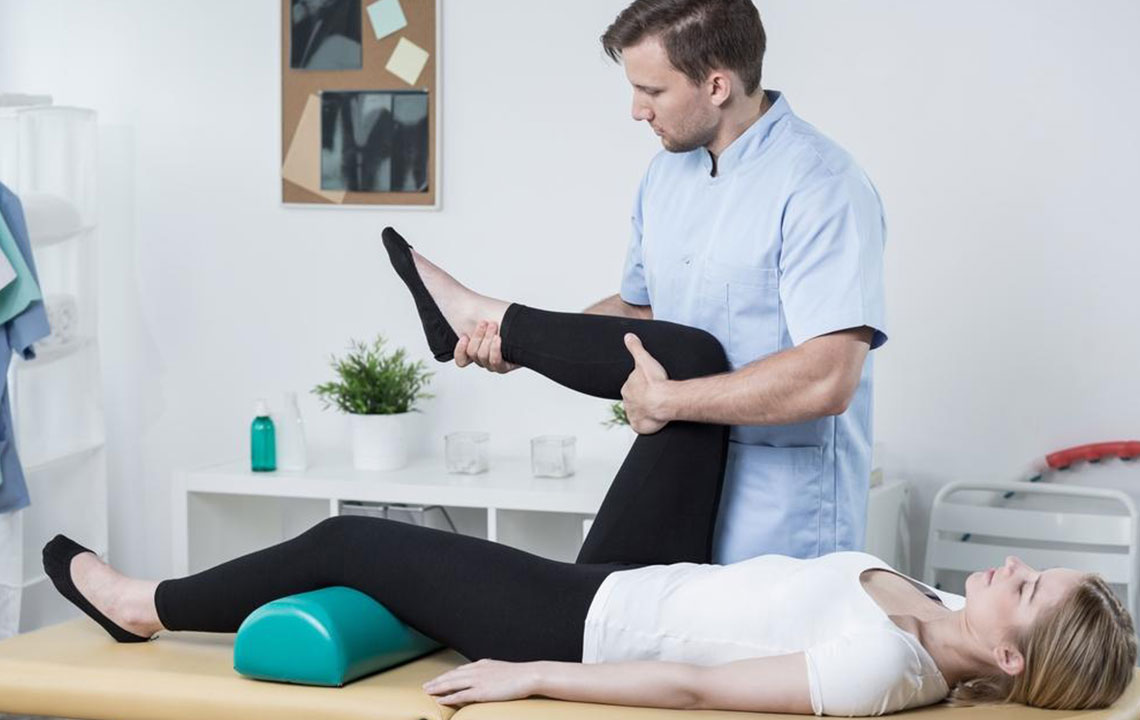Comprehensive Lifestyle Strategies for Managing Psoriatic Arthritis Effectively
Discover comprehensive, practical lifestyle strategies for managing psoriatic arthritis effectively. This extensive guide shares expert tips on exercise, diet, stress management, sleep, posture, and safe heavy lifting to help reduce symptoms, prevent flare-ups, and improve overall well-being. Incorporate these habits into your daily routine for a healthier, more comfortable life with psoriatic arthritis.

Proven Lifestyle Techniques to Alleviate Psoriatic Arthritis Symptoms
Living with psoriatic arthritis presents many challenges, but adopting specific lifestyle habits can significantly improve symptom management and enhance overall quality of life. Since there is no known cure for this autoimmune condition, integrating healthy routines alongside medical treatments becomes essential. Small yet consistent lifestyle modifications—covering diet, physical activity, emotional health, and posture—can make a profound difference in reducing flare-ups, easing joint pain, and maintaining mobility. This comprehensive guide provides detailed strategies to help individuals with psoriatic arthritis lead healthier, more comfortable lives.
Understanding that each person’s experience with psoriatic arthritis is unique, these tips are adaptable and can be tailored to individual needs. Incorporating these habits into daily life not only supports physical health but also promotes emotional resilience and mental well-being, which are equally important in managing chronic autoimmune conditions.
Engage in Regular, Low-Impact Exercise
Physical activity plays a vital role in managing psoriatic arthritis. Engaging in gentle exercises such as walking, swimming, or yoga helps maintain joint flexibility and reduce stiffness without causing additional strain. Incorporating stretching routines and practices like Tai Chi can improve balance, coordination, and muscle strength. For cardiovascular health and enhanced muscular support, moderate activities like Pilates, water aerobics, or cycling are highly recommended. Consistency is key—aim for at least 30 minutes of activity most days of the week, but always listen to your body’s signals and avoid overexertion.
Consume a Heart-Healthy, Anti-Inflammatory Diet
Nutrition profoundly impacts inflammation levels. Emphasize a balanced diet rich in vegetables, fruits, lean proteins, and healthy fats such as omega-3 fatty acids found in fish, flaxseeds, and walnuts. These nutrients help counteract inflammation and may reduce the severity of symptoms. Incorporate fiber-rich carbohydrates—like whole grains—and ensure sufficient intake of proteins to support tissue repair and immune function. Limiting processed foods, refined sugars, and saturated fats can further decrease inflammation and promote overall health.
Avoid Alcohol and Tobacco Use
Substance abuse, particularly alcohol and smoking, can exacerbate psoriatic arthritis symptoms and negatively affect joint health. Quitting these habits is crucial for disease management. Seek professional support, join cessation programs, or utilize nicotine replacement therapies if necessary to eliminate these triggers. Reducing or stopping alcohol consumption can also improve medication efficacy and reduce liver stress.
Practice Stress Management Techniques
Chronic stress can trigger flare-ups and intensify symptoms. Incorporate relaxation practices such as mindfulness meditation, deep breathing exercises, and progressive muscle relaxation into your daily routine. Regular physical activity also helps release endorphins, which are natural mood enhancers. Maintaining a positive outlook and engaging in hobbies or social activities can bolster emotional resilience, making it easier to cope with the physical demands of psoriatic arthritis.
Prioritize Restful, Quality Sleep
Getting sufficient restorative sleep is fundamental for healing and immune regulation. Establish a consistent sleep schedule, create a calming bedtime routine, and ensure your sleeping environment is comfortable and free of disruptions. Addressing sleep disorders or discomfort that interfere with rest can significantly reduce fatigue and improve the ability to manage symptoms actively.
Maintain Good Posture and Ergonomics
Pay attention to your sitting and standing positions, especially during long periods of work or daily activities. Proper posture reduces strain on joints and spine, decreasing pain and preventing deformities. Use ergonomic furniture and support cushions when needed, and take regular breaks to stretch and reposition.
Lift Heavy Objects Safely and Use Proper Techniques
To prevent joint injuries, avoid lifting or pulling heavy objects, or do so with proper techniques. Use assistive devices or ask for help when handling large or awkward items. Keep the load close to your body and lift with your legs, not your back, to minimize stress on vulnerable joints.
Always pay attention to your body’s signals, and don’t push through severe pain or fatigue. Rest as needed and consult your healthcare provider for personalized advice. By implementing these lifestyle adjustments diligently, you can take active control over your health, reduce flare-ups, and improve your overall quality of life despite the challenges of psoriatic arthritis.





